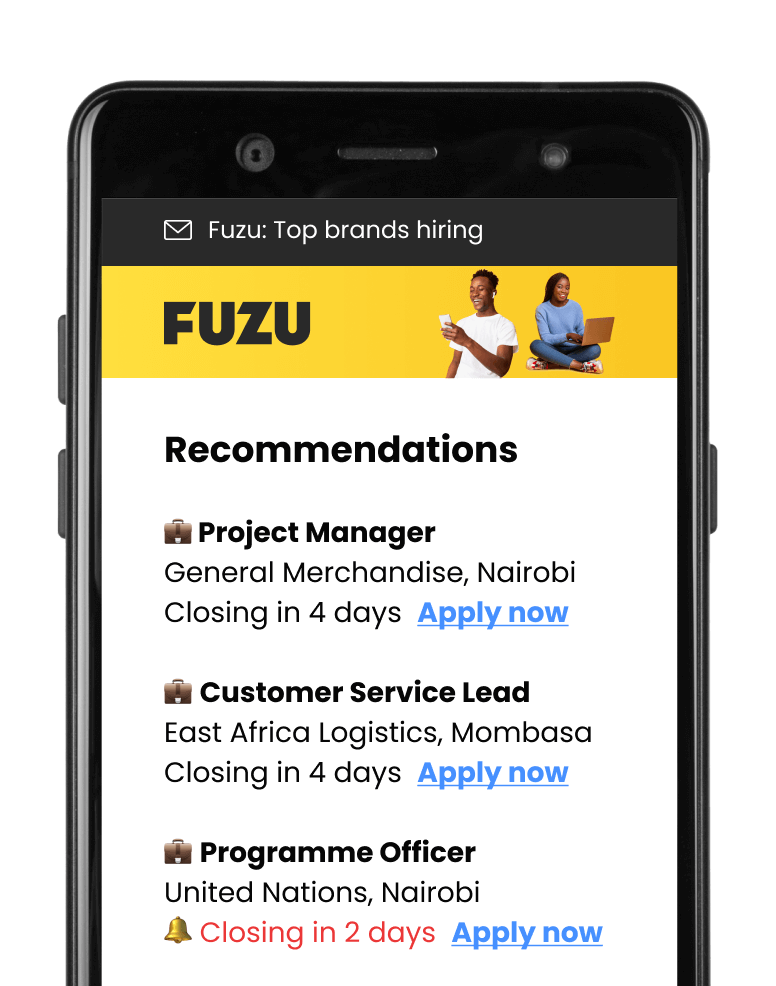Published
Last 1 week
Last 30 days
Latest 24 hours
Profession
Industry
Agriculture, fishing, forestry jobs
Consulting, business support, auditing jobs
Data/Research jobs
Energy, utilities, environment jobs
Governmental jobs
Health care, medical jobs
Human resources, talent development, recruiting jobs
Non-profit, social work jobs
Real estate jobs


